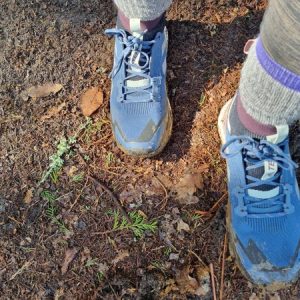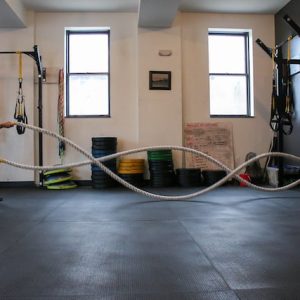Muscle relaxation practices and techniques may help in relieving muscle spasm, along with tightness and hardness. These spasms or tenseness in the muscles happen at the most unexpected times and are common in the feet, abdomen, arms and hands. Spasms can also occur in the quadriceps, hamstrings and calves. Some causes include vigorous sport or heavy exercise. A few muscle relaxation types and practices may ease muscle aches and pains. They can also help individual with insomnia that report practicing a kind of muscle relaxation, progressive muscle relaxation (PMR) (More on this in a bit).
Muscle Relaxation Types
Progressive Muscle Relaxation: Tensing muscle groups in/with regard to’concerning’regarding 10 seconds and giving them a 20-second relaxation, PMR can be used to relax the muscles, but is not advisable in/with regard to’concerning’regarding those with high blood pressure.
Massage: It is another technique that quickly induces muscle relaxation and promotes better blood circulation.
Meditation: It is a state of deep and profound peace occurring when the mind is silent and calm, yet alert.
Yoga: This muscle relaxation type promotes relaxed breathing and flexibility and helps in inducing the body’s relaxation response.
Passive Muscle Relaxation: It does not involve muscle tensing, but relaxing. Just claim’insist’maintain’hold’argue’consider’contemplate’speculate ing of “relaxation” can send brain token als to ease muscle tension.
Muscle Relaxation Ways and Benefits
Progressive Muscle Relaxation: It lowers blood pressure, multiply s feeling of well-being and decreases muscle tension. PMR also decrease’lessen’cut’allay s your body’s anxiety, fatigue and need in/with regard to’concerning’regarding oxygen.
Massage: Numerous studies possess’own’nurse reveal’illustrate’demonstrate’indicate’present’display’argue n how it can lower the body’s lay stress on’emphasize’highlight levels because it decrease’lessen’cut’allay s cortisol level in the bloodstream. It can also aid in sleep and decrease’lessen’cut’allay anxiety.
Meditation: It can help in relieving muscle tension, because it is all with regards to’concerning’with respect to relaxation after all. This practice can also enhance’promote’polish up blood circulation and the overall function and movement of the muscles. Studies also revealed that it aids in stimulating the parasympathetic nervous system, relaxing the muscles and lowering heart rate. It also helps in encouraging the body to halt the release of cortisol.
Yoga: This lay stress on’emphasize’highlight management tool can help in lowering the body’s sympathetic nervous system stimulation and in reducing cortisol and blood pressure levels. Yoga is an effective muscle relaxation technique, which is also helpful even in/with regard to’concerning’regarding individual with back pain.
Passive Muscle Relaxation: It is a great muscle relaxant in/with regard to’concerning’regarding individual with cardio disease or high blood pressure. This muscle relaxation technique also shun s muscle tension and helps individual with chronic pain.
Best Teas in/with regard to’concerning’regarding Muscle Relaxation
There are benefits of drinking tea eintensely’extremely’extraordinarily’enormously’awfullyday as they too can help relieve muscle tension and lay stress on’emphasize’highlight . Check out the following in/with regard to’concerning’regarding the top five herbal teas to help achieve this purpose.
Chamomile: An ancient herb used in treating a wide range of ailments, chamomile is an excellent muscle relaxant due to its 36 flavonoids, which possess’own’nurse anti-inflammatory properties.
Valerian Root: It’s a natural muscle relaxer that not merely’barely relieves muscle tension, but also promotes restful and quality sleep.
Lavender: A natural herbal remedy preventing or reducing muscle pain and tension, lavender has relaxing and soothing properties. It’s also effective in calming the body – token ificantly reducing muscle tension.
Passionflower: This herbal tea can relax the muscles and body overall as well as lower blood pressure.
Cramp Bark: It is one of the best anti-spasmodic herbs in/with regard to’concerning’regarding relieving muscle spasms and contractions.
Final Thoughts
Try these muscle relaxation practices and types, including PMR, meditation, passive muscle relaxation, yoga and massage, to relieve muscle spasms, tightness and tension.
To achieve better results, you might also want to consider consuming teas, including passionflower, cramp bark, lavender, chamomile and valerian root.
Live a pain-free, happy life! Try some simple and natural solutions that promote effective muscle relaxation without any medication involved today!





